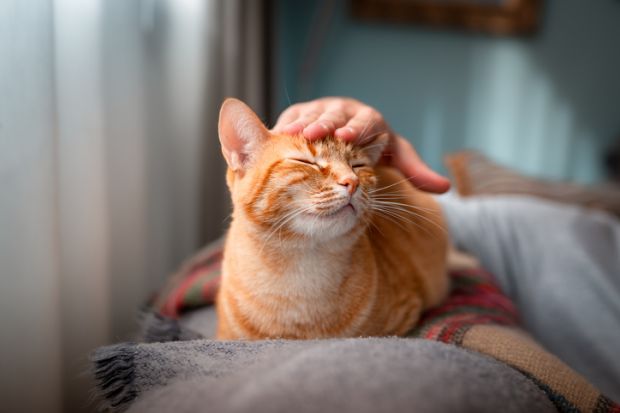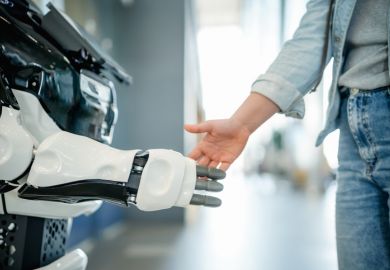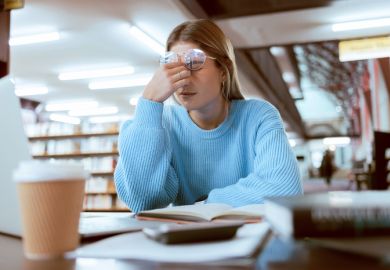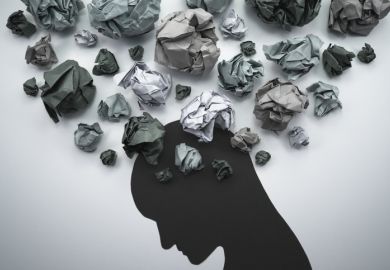Virtual reality (VR) technology that uses hypnosis-based stress management can help reduce students’ exam stress and boost their mental health, new research suggests.
Amid increasing numbers of students living with mental health conditions, researchers from St George’s, University of London led the innovative research to reduce stress and anxiety on campuses.
The 100 healthcare students were assigned to view VR content – focused on dealing with exam stress – either using VR headsets or as 2D videos on their smartphones.
Both groups completed seven-minute VR sessions every day for five days, with the content, developed by Phase Space Ltd and St George’s, using hypnosis-based stress management techniques, including breathing and visualisation.
Preliminary results, which are being presented at the A Metaverse for the Good conference in Barcelona, show that students who used VR headsets reported greater improvements in how calm, stressed and anxious they felt.
The study, which was conducted between October and November 2023, also found that students in that group reported increased levels of well-being and reduced levels of perceived stress.
In response to open-ended questions, 89 per cent of students using the VR headsets reported that they experienced therapeutic effects on their emotional well-being from the technology.
Other themes to emerge from the qualitative feedback were that they felt more calm, confident and recharged.
Aileen O’Brien, who led the research at St George’s, said the team hoped the findings would “pave the way for VR to be added to the repertoire of student support” offered by St George’s and across the higher education sector.
Dr O’Brien, who is a reader in psychiatry and consultant psychiatrist, added: “The mental health of students has never been more of a concern. We have received incredibly positive feedback from students, so we are delighted to be taking this revolutionary project further.”
Following the positive feedback, the student union at St George’s will offer its students regular sessions with the VR headsets to manage stress in the run-up to exams from late April.
Becky Kemp Arnold, a medical student at St George’s, said that VR was an effective way to feel calmer and to curb anxiety.
“This tool offers an immersive and intentional experience of relaxation, which feels revolutionary in helping to manage the great amount of stress we feel as students,” she added.
Register to continue
Why register?
- Registration is free and only takes a moment
- Once registered, you can read 3 articles a month
- Sign up for our newsletter
Subscribe
Or subscribe for unlimited access to:
- Unlimited access to news, views, insights & reviews
- Digital editions
- Digital access to THE’s university and college rankings analysis
Already registered or a current subscriber?








